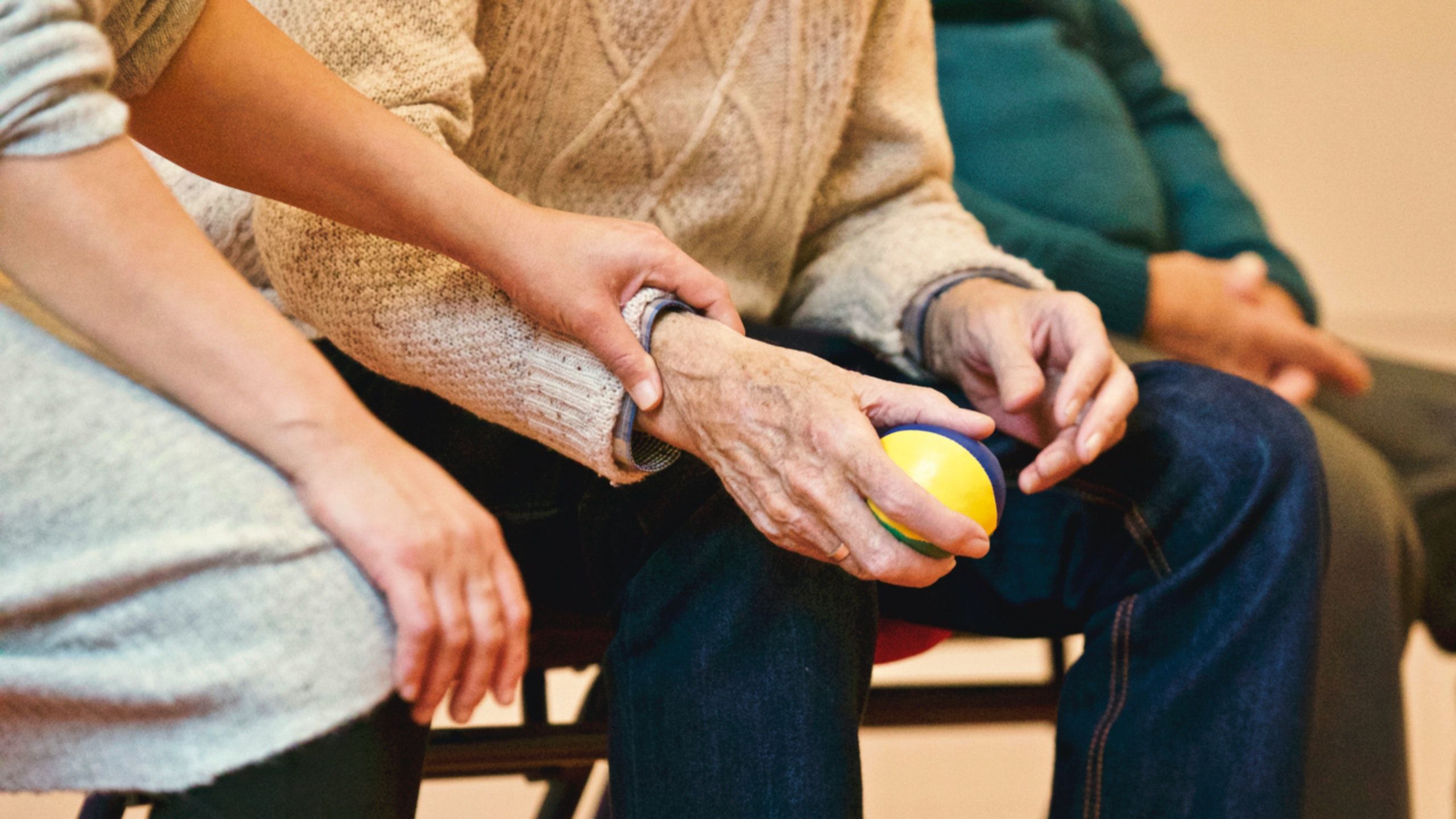research
Research Partner
Jul 2020 - Apr 2024
Targeting the brain using Information Technology for secondary prevention of Mild Neurocognitive Disorder
In this project (PhD project of Patrick Manser under the direction of Prof. Eling de Bruin of ETH Zurich) innovative approaches for the prevention of cognitive impairment are investigated. The focus is on three important - but often neglected - modifiable risk factors for cognitive impairment, which are known to play an important role in the course of the disease. These three risk factors are: (1) physical inactivity, (2) cognitive inactivity, and (3) depression symptoms.
Between August 2020 and May 2022, a training guide (called: 'Brain-IT' training concept) was developed specifically for older adults with mild cognitive impairment in collaboration with affected individuals as well as experts from various fields. The 'Brain-IT' training includes physical and neurocognitive tasks as well as breathing training and is individually adapted to the study participants. It is carried out with so-called exergames (video games that are controlled by physical movements) and takes place at the study participants' homes under individual supervision. The Dividat SensoFlex is currently used for this purpose.
It has already been shown that the 'Brain-IT' training is well received by those affected, meets with a high level of acceptance and is perceived as useful. The data so far on the effectiveness of the training are also promising. Therefore, a study is currently being conducted to investigate the effectiveness of the training in more detail. Cognitive performance, gait, well-being, and cardiac activity will be measured. In addition, brain structure and function will be measured using magnetic resonance imaging to investigate the possible underlying neural changes.
The project is funded by the Synapsis Foundation - Dementia Research Switzerland, the Gebauer Foundation and the Fondation Dalle Molle.
Contact
If you need further information or would like to participate in the clinical study, please contact: Patrick Manser (patrick.manser@hest.ethz.ch)
